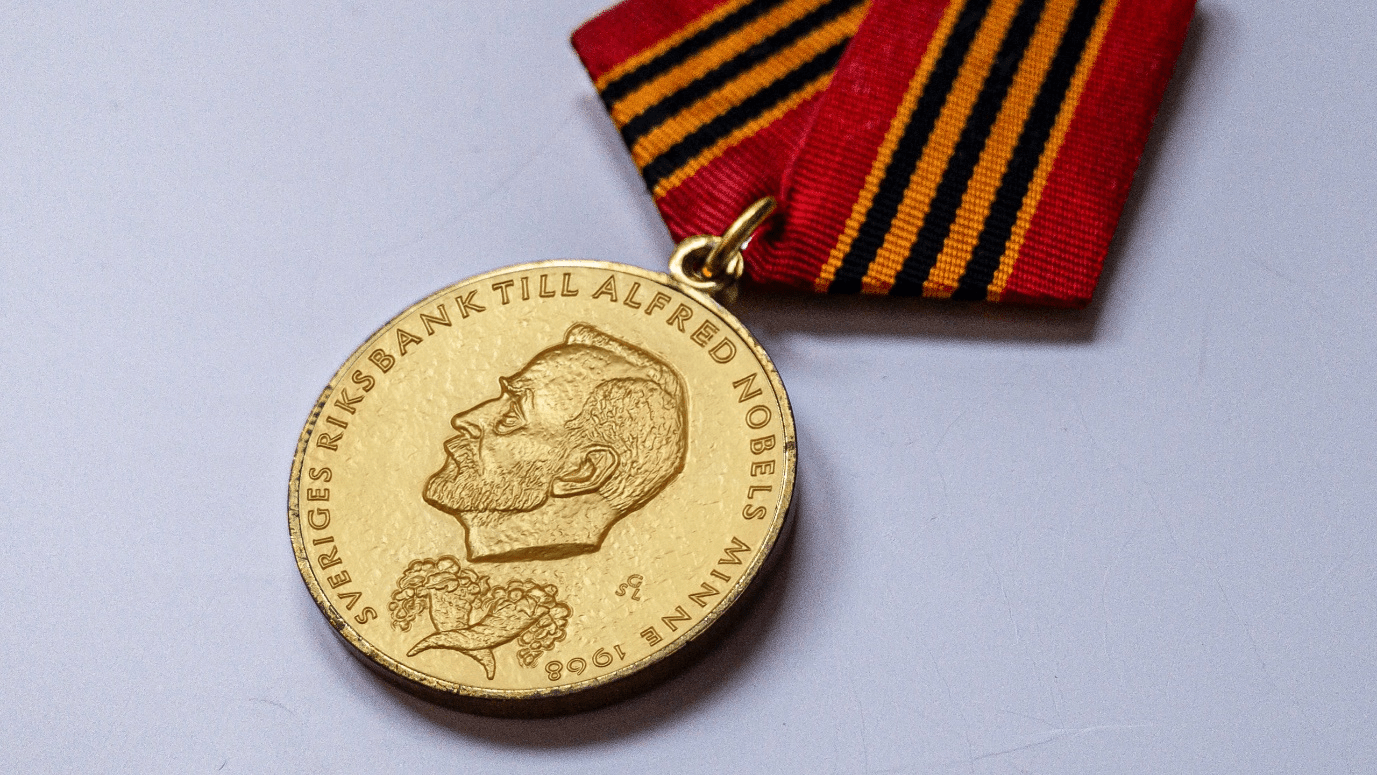
Why Skills-First Leadership Is Replacing the Ivy League Playbook in the C-Suite
The old prestige pyramid—where Ivy League degrees and blue-chip consulting backgrounds paved the way to the CEO seat—is cracking.

October 12, 2021: -Economists David Card, Joshua D. Angrist, and Guido W. Imbens have been awarded the Nobel Prize in economics.
The card was recognized for its contributions to labor economics, while Angrist and Imbens won the award for their contributions to the analysis of causal relationships.
The award comes with a 10 million Swedish krona cash prize and a gold medal.
Card, aged 65, is a professor of economics at the University of Berkeley, California. Angrist, 61, is a Ford professor of economics at the Massachusetts Institute of Technology, and Imbens is a professor of economics at the Stanford Graduate School of Business.
The Nobel committee said that the three laureates had “provided us with new insights about the labor market and shown what conclusions about cause and effect can be drawn from natural experiments.”
Their approach had been used in different fields and had “revolutionized empirical research,” the committee added.
The committee said that the laureates’ research had helped find the cause and effect behind specific big social questions.
They did so using “natural experiments,” looking at how “chance events or policy changes result in groups of people treated differently, in a way that resembles clinical trials in medicine,” the committee explained.
The card had used natural experiments to analyze the effects of minimum wages, immigration, and education on the labor market.
His research from the 1990s has shown, for instance, that increasing the minimum wage does “not necessarily lead to fewer jobs.”
Meanwhile, Angrist and Imbens make it easier to interpret the data from these natural experiments through their methodological contributions.
Peter Fredriksson, chair of the Economic Sciences Prize Committee, said the laureates showing that natural experiments are a “rich source of knowledge.”
“Their research has improved our ability to answer key causal questions, which has been of great benefit to society,” Fredriksson adds.
Last year, Stanford University economists Paul R. Milgrom and Robert B. Wilson were awarded the prize for their “improvements to auction theory and invention of new auction formats.”
The Sveriges Riksbank Prize in Economic Sciences in Memory of Alfred Nobel is awarded 53 times to 89 Laureates between 1969 and 2021.

The old prestige pyramid—where Ivy League degrees and blue-chip consulting backgrounds paved the way to the CEO seat—is cracking.

Loud leaders once ruled the boardroom. Charisma was currency. Big talk drove big valuations.

But the CEOs who make history in downturns aren’t the ones with the deepest cuts

Companies invest millions in leadership development, yet many of their best executives leave within a few years. Why?

The most successful business leaders don’t just identify gaps in the market; they anticipate future needs before anyone else.

With technological advancements, shifting consumer expectations, and global interconnectedness, the role of business leaders

The Fort McMurray First Nation Group of Companies is the wholly owned business entity of Fort McMurray 468 First Nation. It was established in 1987 as Christina River Enterprises, and the organization rebranded as FMFN Group in 2021. Providing Construction, Custodial, Petro-Canada Fuel & Convenience Store, and Transportation services to a broad portfolio of customers, the Group of Companies is creating financial stability and prosperity for the Nation.

Maushum Basu is a visionary leader who inspires his team with a clear, compelling purpose. Unafraid to take calculated risks, he understands that growth often stems from change and innovation. His deep commitment to both Airia Brands, Inc.

When speaking with Martin Paquette, one thing is immediately apparent: he’s honest. His transparency is refreshing. While many shy away from such vulnerability, Paquette sees it as a force to reckon with. The incredible emotional intelligence speaks to years of looking within—it’s also what allows him to acknowledge his mistakes gracefully and use them as opportunities to innovate.

Marina Charriere, CEO of Star Drug Testing Services, Star Drug Testing Services (Windsor Park), and First Defence Face Masks go hand in hand. Star is a drug and alcohol testing facility, and First D F M is a face mask company.


Leave us a message
Subscribe
Fill the form our team will contact you
Advertise with us
Fill the form our team will contact you